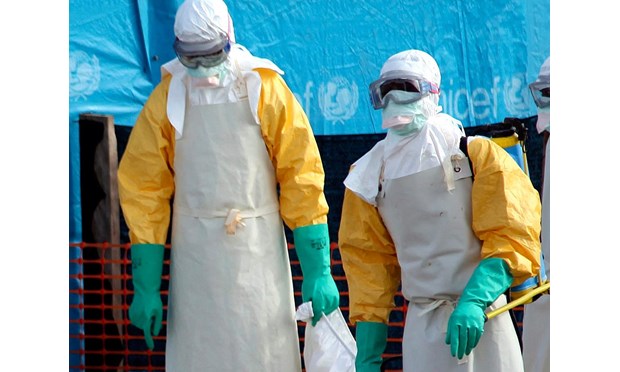Polio and Ebola
Preparing for the Unexpected

As countries around the globe come to terms with the reality of Ebola virus, the one factor that has become increasingly clear in this malady is the importance of country’s health infrastructure in combating and containing this virus. If contracted, Ebola is one of the world’s most deadly diseases. It is highly infectious and can kill up to 90 percent of those infected.
While there are few medical institutions that are fully equipped with treatment and bio-containment facilities that offer ready protection and trained personnel in dealing with the Ebola virus, it has been demonstrated that a country’s ability to respond depends on the readiness of its health care infrastructure and the responsiveness of its medical personnel to detect, contain and control the spread of the virus.
This was aptly demonstrated in Nigeria when in July 2014 a passenger on an incoming flight collapsed on the tarmac and was later diagnosed with Ebola.
Health officials acted quickly to find persons who had made contact with this individual (including the employees at the airport that had assisted the patient into the cab) and isolate and monitor these individuals for signs of the disease. This quick response was facilitated by Nigeria’s well developed health infrastructure that had been put in place for the detection, treatment of Polio. Now 42 days later, after extensive tracking for persons who might have made contact, a total of 900 were monitored for possible infection, 20 cases confirmed of which 8 have died. At the completion of two Ebola cycles (21 days each) with no new cases Nigeria has been declared by the World Health Organisation as Ebola free.
Individual Rotary Clubs have taken the initiative to assist by providing funding for resources and equipment in the fight against Ebola. One such resource is Rotary Club of Monrovia and can be found HERE.
As we, Rotarians, forge ahead in our mandate to eradicate Polio, clubs should also examine the possibility of assisting in what has become a world health crisis.
In addition, taking lessons from Nigeria, the development of our health sector is paramount, and focus can be shifted to invest in the same.
See Also:
Nigeria Stops Ebola Spread by taking Cues from Polio Program
